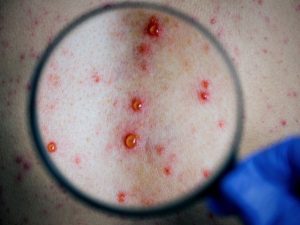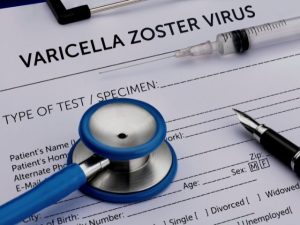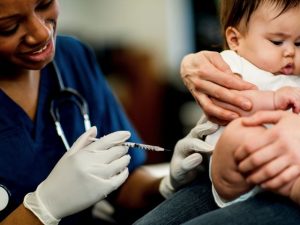What Is Varicella?
August in National Immunization Awareness Month. As part of this month, let’s dive into the world of varicella, also known as chickenpox, a viral infection that was once a global health concern.
Now, because of massive vaccination efforts, varicella rates have dropped significantly.
Varicella is an infection that occurs when someone is exposed to the varicella-zoster virus (VZV). When this virus enters the body, VZV can initially appear as a rash. Varicella earned its other name chickenpox since people can often get rashes and blisters all over their body during an active infection.
It is important to note that this virus has existed for centuries and has infected millions of people. If left untreated, varicella can lead to deadly complications and a potential risk for shingles later in life.
In 1995, the varicella vaccine became widespread and available in America. Since its release, chickenpox rates in America and around the world have decreased. However, with a growing population hesitant towards vaccines, nurses and other health care professionals need to be aware of this serious infection.









